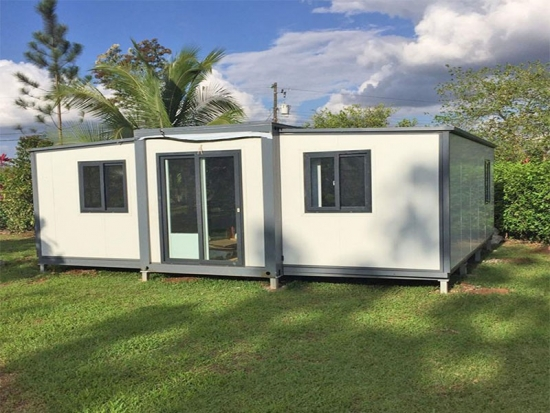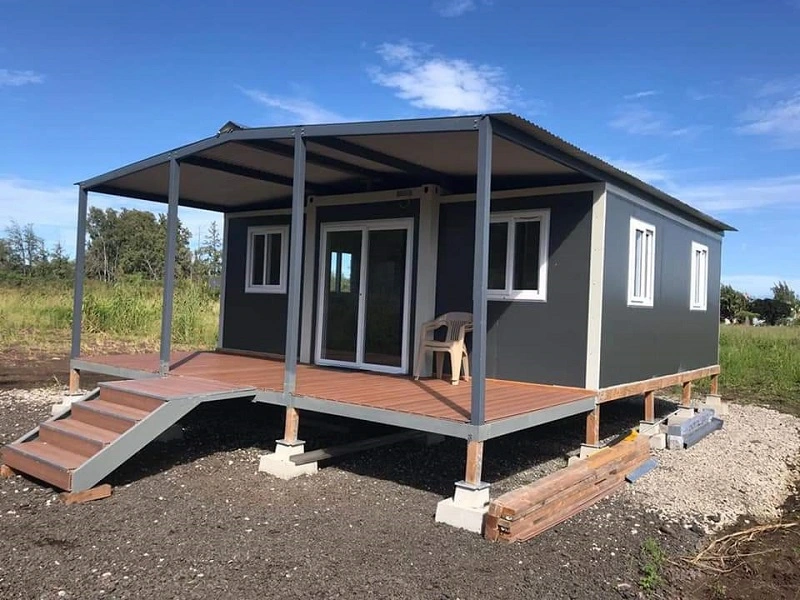In the realm of modern architecture and sustainable living, the concept of smart container homes has gained significant traction. These innovative dwellings combine functionality, eco-friendliness, and adaptability, offering a promising solution to the ever-growing demand for sustainable housing.
Exploring the Advantages:
First and foremost, smart container homes are environmentally friendly. By repurposing shipping containers, these homes contribute to reducing the ecological footprint associated with traditional construction methods. Additionally, the use of recycled materials aligns with the global push towards sustainable living.

Efficiency in Design:
One of the key advantages lies in the efficient use of space. Smart container home are designed with a focus on maximizing every square foot, creating compact yet comfortable living spaces. This efficiency is especially appealing in urban environments where space is at a premium.
Incorporating Technology:
These homes are not merely containers turned into living spaces; they are equipped with cutting-edge technology. From automated climate control systems to smart lighting and security features, technology seamlessly integrates into every aspect of daily life in a smart container home.
Cost-Effectiveness:
Furthermore, the cost-effectiveness of smart container homes cannot be overstated. The use of repurposed containers significantly reduces construction costs, making these homes an affordable option for a wide range of demographics. This affordability opens up new possibilities for housing solutions in both developed and developing regions.
Adaptability and Mobility:
Another noteworthy aspect is the adaptability and mobility of these homes. Unlike traditional structures, smart container homes can be easily transported and relocated, providing a flexible housing solution. This feature is particularly appealing for individuals or communities facing dynamic and changing circumstances.

Enhancing Sustainability:
Beyond the initial construction phase, smart container home continues to contribute to sustainability through their energy-efficient designs. Incorporating solar panels and rainwater harvesting systems, these homes minimize their reliance on external resources, fostering a self-sustaining living environment.
Community Integration:
Smart container home are not just about individual living spaces; they also offer opportunities for community integration. Clusters of these homes can be arranged to create eco-friendly communities, promoting a sense of shared responsibility towards the environment.
Challenges and Future Prospects:
While the concept of smart container home holds immense promise, it is not without challenges. Zoning regulations, building codes, and public perception are factors that need to be addressed for widespread acceptance. However, as these challenges are navigated, the future prospects for smart container homes are bright.
In conclusion, smart container home represent a paradigm shift in the way we approach housing. Their blend of sustainability, efficiency, and adaptability positions them as a viable solution for the evolving needs of our communities. As we continue to innovate in the realm of architecture, smart container homes stand as a beacon of possibility for a more sustainable and interconnected future.
